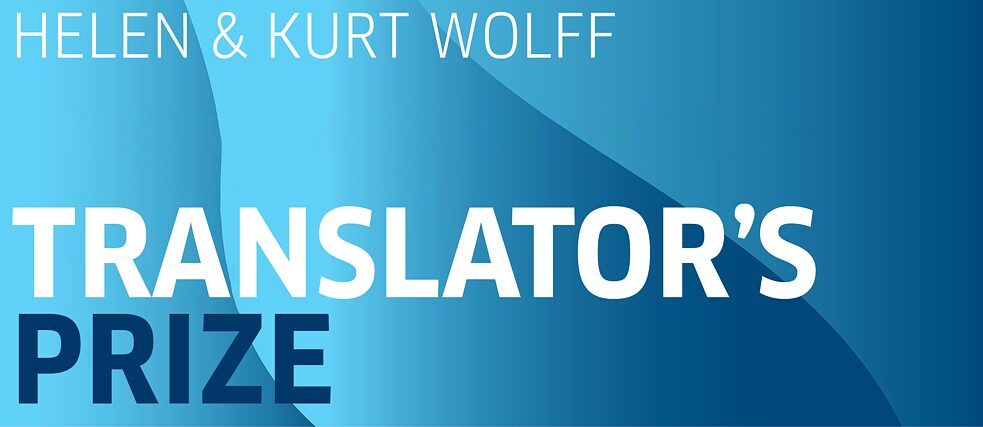25 Years Wolff Prize
Kurt Wolff, 1887-1963

Alexander Wolff, grandson of Kurt Wolff and author of Endpapers: A Family Story of Books, War, Escape, and Home, elucidates his grandfather's perennial undertaking to establish himself as a publisher on both sides of the Atlantic.
By Alexander Wolff
Kurt Wolff lived a life long and audacious enough that his career as a book publisher, in Germany and the U.S. alike, included two full cycles of rise and fall.
My grandfather’s professional fortunes came bound up in the hard turns of the history of the twentieth century. In 1913, at 25, he founded the Kurt Wolff Verlag in Leipzig. The house would highlight voices of das Neue, writers ready to flout the hidebound culture of the dying monarchies of Europe—Franz Kafka, Karl Kraus, Franz Werfel, Joseph Roth, Heinrich Mann. As Germany struggled to regain its footing after the war, the Kurt Wolff Verlag struggled too, suffering from the Weimar hyperinflation and, by the end of the Twenties, surging Nazism.
Kurt could trace converted Jews for several generations on his mother’s side, but the Third Reich disapproved mostly of his "degenerate" authors. He fled Germany hours after the Reichstag fire, first to London, where he married Helen Mosel, who would remain his lifelong companion and collaborator. After eight years in exile, in France and Italy, Kurt and Helen escaped through Lisbon with the help of Varian Fry, landing in New York in March 1941. By the end of that year they had founded Pantheon Books, which issued in translation the work of Stefan George, Hermann Broch, and Robert Musil, as well as the firm’s first bestseller, The Complete Grimms’ Fairy Tales.
Peace brought prosperity to the U.S., but not to Pantheon, which through the mid-Fifties continued to privilege literary titles over commercial ones. Only the steady patronage of the Bollingen Foundation, and Anne Morrow Lindbergh’s bestselling Gift from the Sea, kept the house afloat until, in 1958, Kurt and Helen landed the rights to Boris Pasternak’s Doctor Zhivago.
I only want to publish books I won’t be ashamed of on my deathbed.
Kurt Wolff
In my book Endpapers, I explain how Doctor Zhivago’s success came as a mixed blessing.
Kurt and Helen left Pantheon and returned to Europe amidst more irony. In exile in New York,
Kurt saw no choice but to flee again, back across the ocean, to Switzerland—literally to a neutral corner...
My grandfather would enjoy one last hurrah. In 1960 William Jovanovich, CEO of Harcourt, Brace & World, invited Kurt and Helen to establish their own imprint under Harcourt’s auspices. The Wolffs soon signed Günter Grass and other European writers of note. Barely three years later, en route to the German Literary Archive in Marbach, Kurt was killed in a mishap with a truck. Helen moved back to New York, where she carried on the Helen and Kurt Wolff Books imprint for another thirty years, publishing among others Walter Benjamin, Max Frisch, Karl Jaspers, and Uwe Johnson.
Three separate times Kurt established himself as a publisher—in Germany until the rise of the Nazis; in New York until he lost that boardroom power struggle; and remotely from Switzerland, with Harcourt, for those final few years. In each instance this man, touted as "the most discriminating publisher of the twentieth century" by the New York Times Book Review, did so on his own terms, which he had articulated when he started out: "I only want to publish books I won’t be ashamed of on my deathbed."